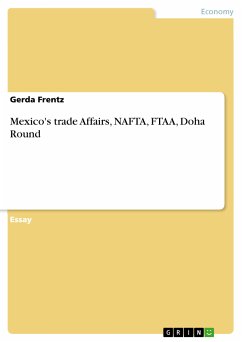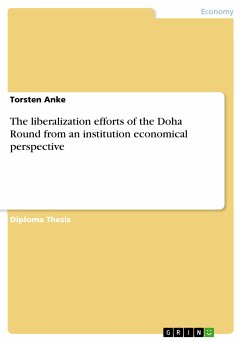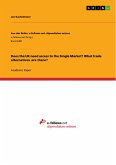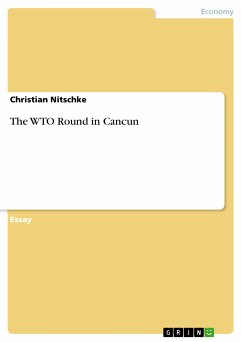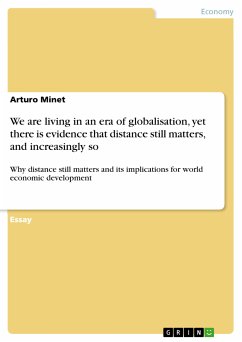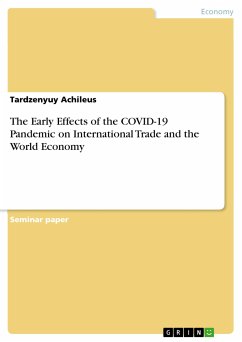Scientific Essay from the year 2006 in the subject Economics - International Economic Relations, grade: 98%, Beijing Institute of Technology, course: International Trade, language: English, abstract: This paper analyses the reasons for the failure of the Doha Round negotiations which started in 2001 and offers prospects for Doha’s future. The sticking points of the current World Trade Organization (WTO) talks are serious negotiating differences in agriculture, manufactures and trade in services. New policy circumstances due to the increased number of WTO member countries and new orientation of the major negotiating partners such as the United States of America and the European Union towards regional trade agreements make a favourable outcome quite severe. It seems that political issues overlap economic rationality. However, member countries have to realise that there is still a lot of potential for further trade liberalisation via multilateralism and, hence, economic and social gains to the world’s society. The motivation of OECD countries to overcome their protectionist lobbies and to accept reduced protection and support for agriculture will be crucial for the success of Doha. Equally, developing countries have to agree to open their markets for labour-intensive goods and services from developed countries.


